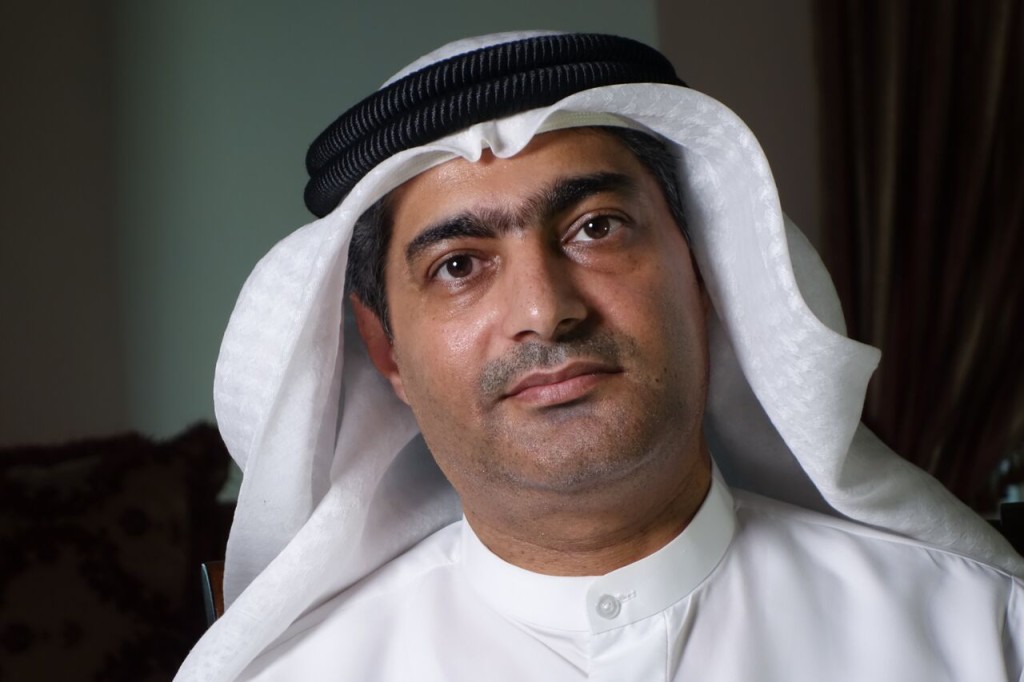On 6 October 2015, a jury of ten leading human rights NGOs awarded Emirati activist Ahmed Mansoor the Martin Ennals Award for Human Rights Defenders. The jury commended Mansoor’s continued efforts to raise awareness of common human rights abuses in the UAE, such as the arbitrary detention and torture of activists. The award celebrates human rights defenders who have demonstrated strong commitment to promoting human rights, despite the great risk to which such advocacy can expose them.
Mansoor has experienced firsthand the consequences that human rights defenders can face in the UAE. In 2011, security officials arrested Mansoor and four other activists after they petitioned the president for legislative reforms. The Federal Supreme Court convicted all five activists on charges of insulting the country’s leadership and endangering national security, and sentenced them to prison terms ranging from two to three years. The next day, however, all five received presidential pardons.
Though Mansoor has managed to stay out of prison since 2011, few other activists have remained at liberty. Security forces disappeared Dr. Nasser bin Ghaith, Mansoor’s co-defendant in the 2011 trial, on 18 August 2015, and his whereabouts remain unknown. The government additionally tried a group of 94 activists en masse in 2013, convicting 69 of the defendants for crimes against state security. Many others have been brought up on security-related charges for documenting the government’s human rights abuses.
Even Mansoor’s luck has only stretched so far: the government placed him under a travel ban following the 2011 trial, which prevented him from traveling to Geneva to accept the Martin Ennals Award in person. He instead had to give his remarks via Skype.
The international community’s recognition of Mansoor’s work sheds light on the challenges that human rights defenders face in the GCC, where calling for political reforms and promoting human rights carry enormous risks. Until activists who engage in peaceful and legitimate expression can operate freely, such risks will not go away.





